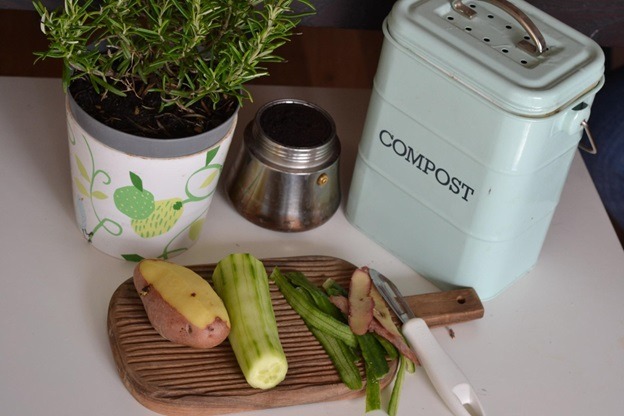There’s just something about manually tying up your trash bags and taking those few steps out your front door to the garbage can outside your house that is so unappealing. Maybe it’s the idea of having to leave your house, or just the thought of handling your trash in the first place.
At any rate, trash compactors are a great way to minimize the hassle involved in throwing out your trash. You can reduce the volume of your household waste, be more efficient at disposal, and even help the environment by reducing the amount of space your trash takes in landfills.
Here’s a quick buying guide to finding the best trash compactor for your home. And if you are planning to buy an industrial compactor for your business’ effective waste management, you should check out https://www.mikegingerich.com/blog/industrial-compactors-things-you-should-know/ first.
5 Considerations When Buying a Trash Compactor
Type
Most trash compactor models are built-in under the counter units. This is for aesthetic and ergonomic purposes. If the trash compactor blends in with the rest of the countertop, then bumping into it will not be an issue. However, you can also get a freestanding compactor on wheels if this is a better fit for your lifestyle.
Convertible compactors, which can either be under the counter or freestanding, are also available for homeowners with the extra budget. They allow for additional flexibility while avoiding any compromises on aesthetics.
Manual or Automatic Function
Manual trash compactors are not powered by motors. You have to apply compression force yourself. For this reason, they are less powerful than automatic models and their range for compaction is limited. These machines cannot condense glass or cans. Manual models are not very popular amongst homeowners.
Automatic trash compactors operate on electricity and are equipped with the powerful motors you need to compress your trash.
Size and Location
Is your kitchen ready for a trash compactor? Earlier, we discussed how most models are designed to be built-in and under the counter. This means that you may need to sacrifice some space and cut out a kitchen cabinet just to make room for one. If you choose to do so, make sure that it is near an outlet so that you will not have any problems with the power source.
Most trash compactor models are usually between 12 and 15 inches wide, 34 to 35 inches tall, and 24 inches deep.
Compacting Ratio
Compacting ratio refers to the amount or volume of compacted waste that can occupy in the same space as non-compacted waste. If the trash compactor you are eyeing advertises a five to one compression ratio, this means that a pile of trash can be compacted down to a fifth of the size that it would have been if it were just thrown in a regular trash can.
Most models will come with a compacting ratio of four to one (4:1) or five to one (5:1). Remember that compacted trash bags are heavier than traditional trash bags, so be prepared!
Smart Technologies
Maybe you have the means to afford a more sophisticated trash compactor—one that does more than just make your trash smaller. Modern models can also handle wet and dry waste, control odors, noise insulation, and bigger storage space.
Frequently Asked Questions On Trash Compactors
Will I need to get a special set of trash bags for my trash compactor?
Yes. This is because trash compactors need very specific dimensions for them to operate at their best. Use the bags that are recommended by the model’s manufacturer and stock up on them so you do not run out.
How will I know if my trash compactor is full?
You can check visually. However, most models have a sensor that will alert you when the compactor is full.
How long will my trash compactor last?
On average, most models are expected to operate well for at least six years. However, proper care and maintenance will definitely extend the lifespan of your machine. Make sure to deodorize and sanitize your trash compactor regularly.
What can’t I put in my trash compactor?
Automatic trash compactors can safely crush most household wastes. All you need to avoid are explosives or flammable items. Even if they are already used up, there is an increased risk for accidents. It is best to err on the safe side. If you own a manual trash compactor, these models cannot process glass or cans.

